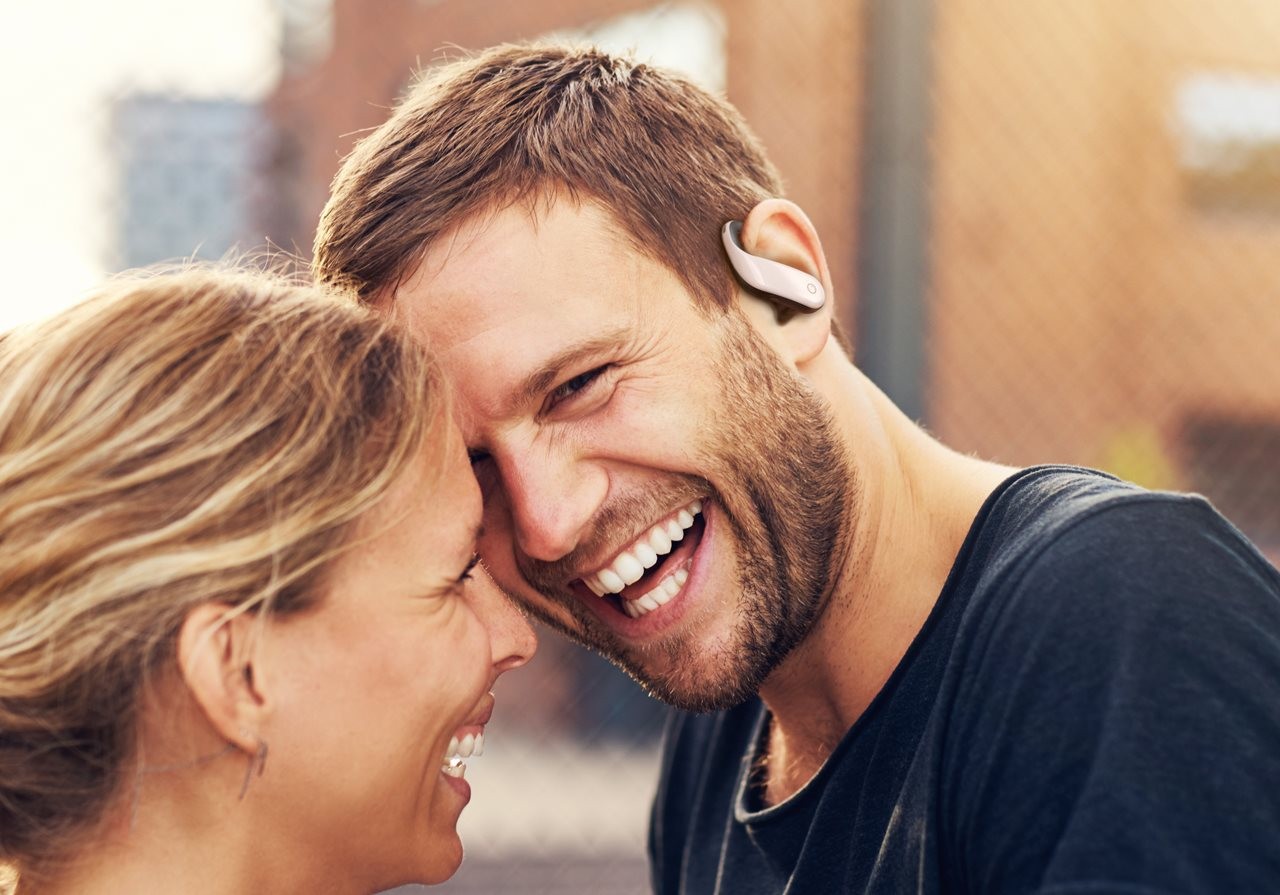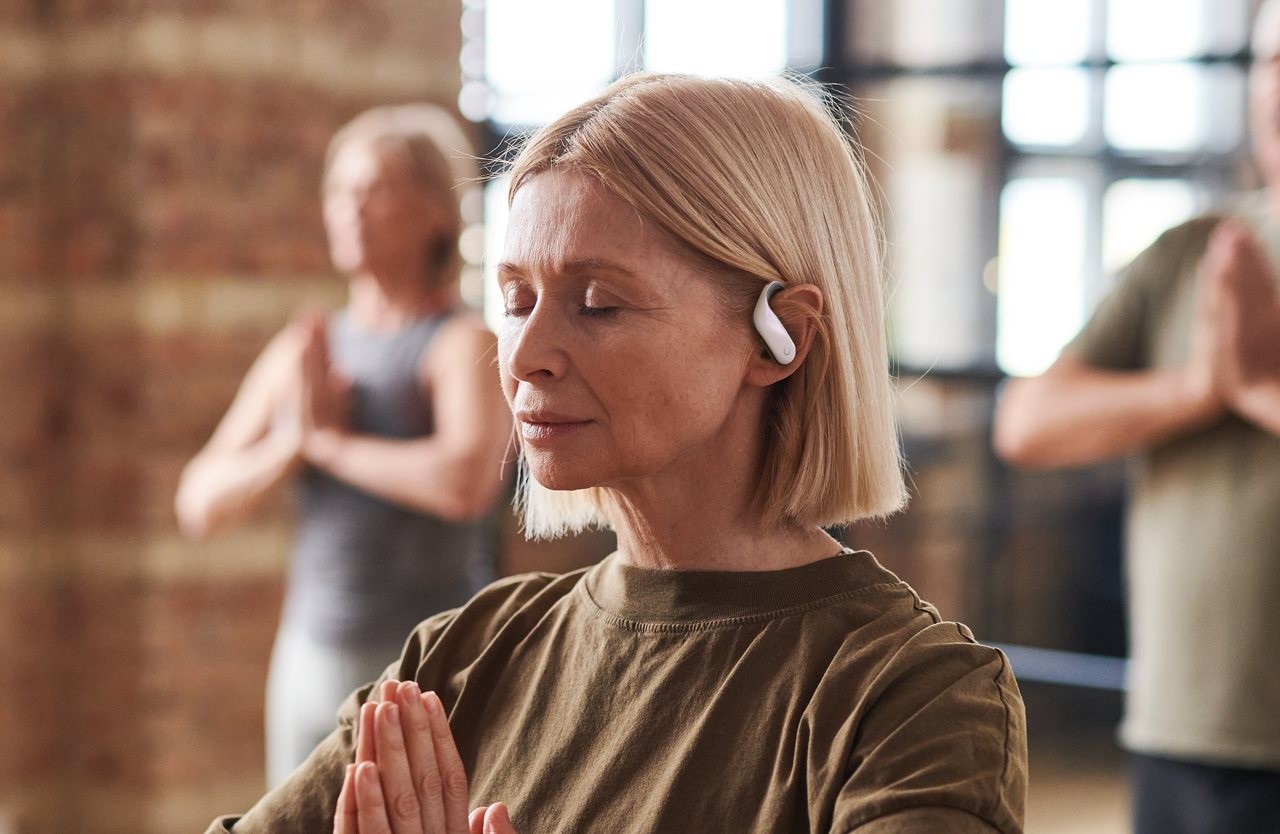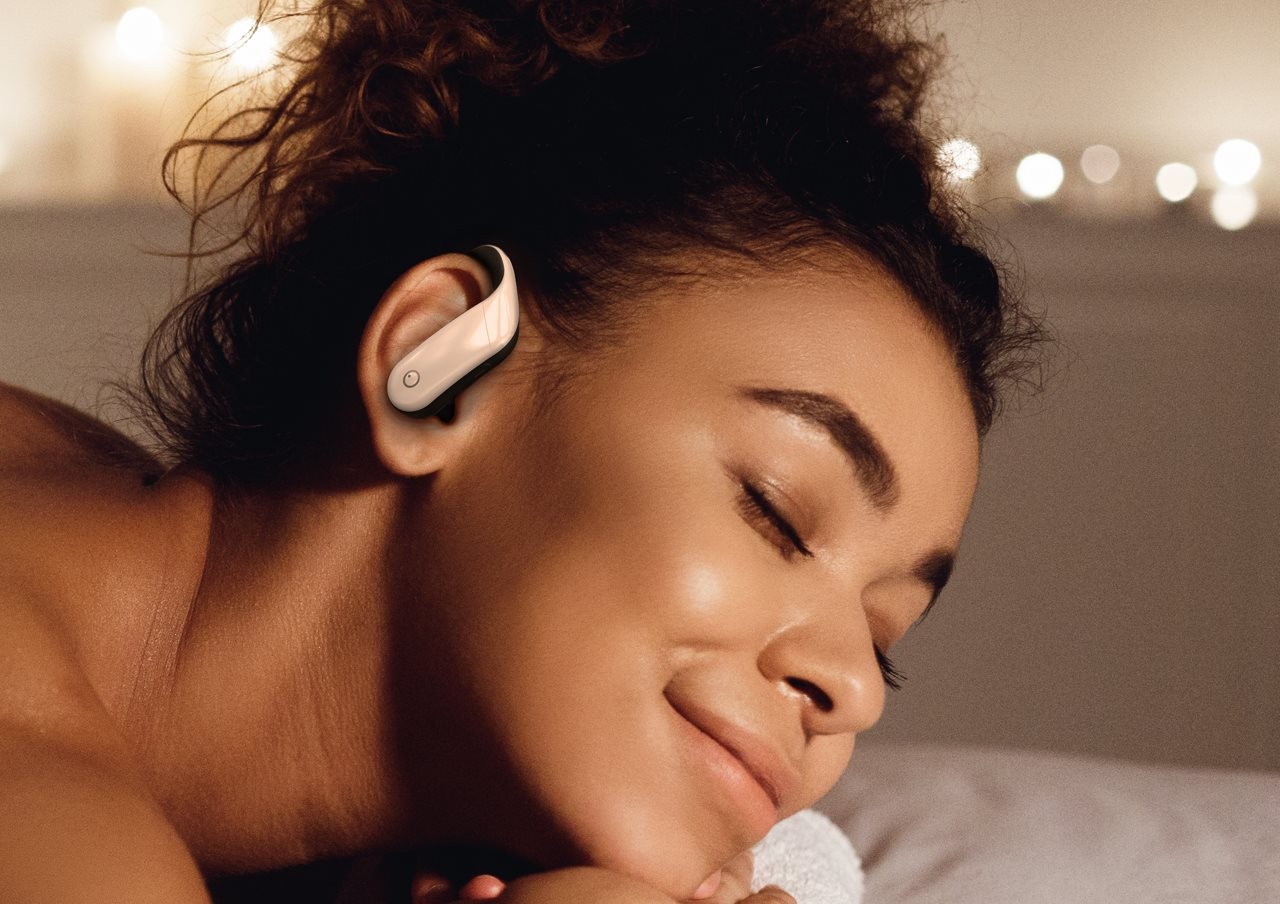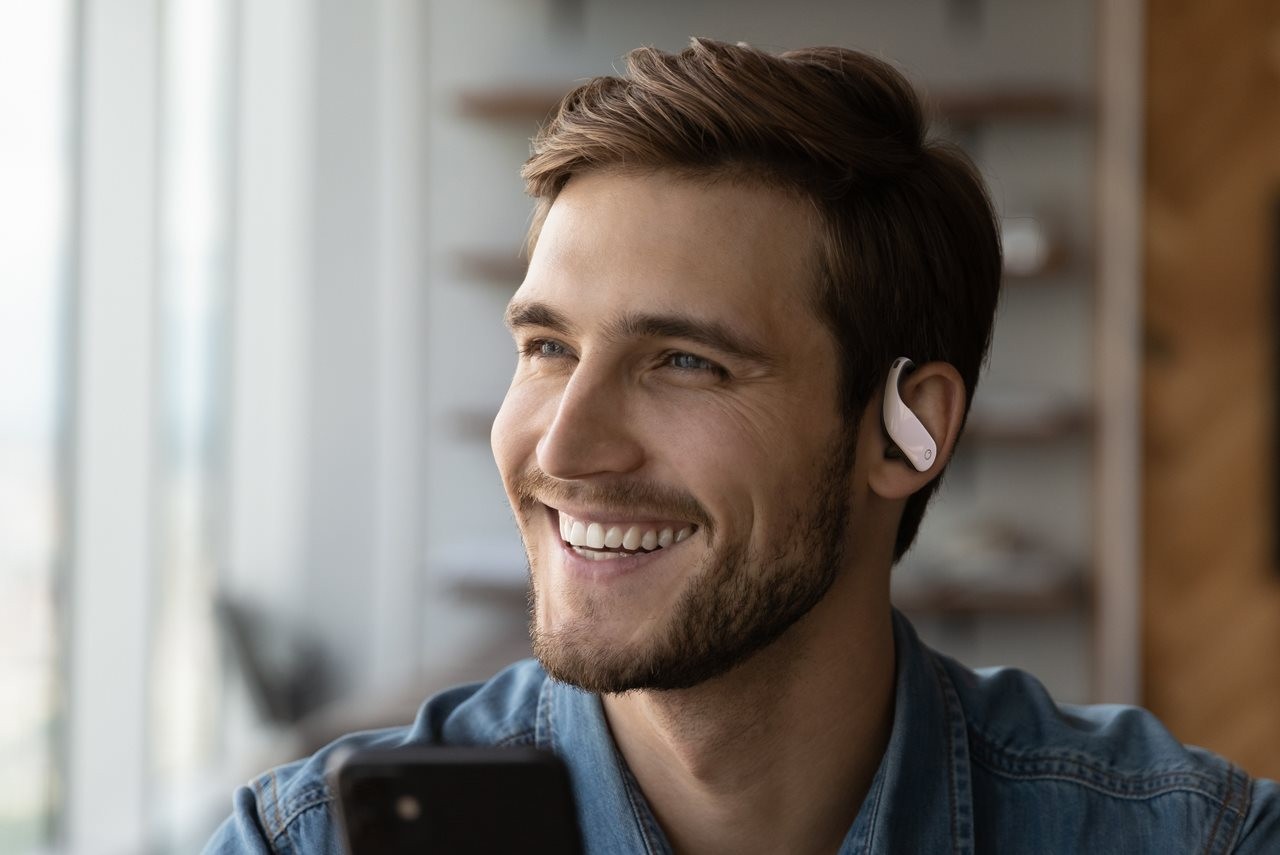
(BPT) - When you think of hearing loss, you likely picture a senior wearing a hearing aid. However, hearing loss can happen to anyone at any age. You may have already experienced hearing loss and not even recognized it.
Hearing loss happens gradually, usually as people age, though exposure to loud noises, ear infections, and other medical conditions can also cause hearing loss. Because it happens slowly over time, you may not notice that your hearing isn't what it used to be.

From stigma to lack of educational resources, there are plenty of reasons why the general public isn't aware of what hearing loss is, how it can affect your life, and how it can be treated. To help spread awareness about hearing loss, Olive Union, a global health-tech startup, presents the following facts about hearing loss and a solution that could make living with hearing loss more bearable.
1. You may develop a related hearing condition
If you develop general hearing loss, it may cause another condition known as tinnitus. According to the Mayo Clinic, people with tinnitus can experience a ringing noise that others can't hear and isn't produced by an external sound. Like general hearing loss, people living with tinnitus often experience anxiety and depression due to the condition, as well as trouble sleeping, frustration, poor concentration and pain, according to the American Tinnitus Association.
2. Hearing loss can affect your employment
Hearing loss isn't just an auditory issue. Losing your hearing can have a profound impact on your quality of life. According to the Hearing Health Foundation, people with untreated hearing loss can, on average, make 50-70% less in yearly income than their peers.
Also, according to EHS Today, people with hearing loss may misunderstand instructions or need them repeated, meaning that tasks take longer to complete. An employer may misread this as an employee being unproductive when, in reality, they're struggling to hear and understand their assignments.
3. Hearing loss has been linked to mental health issues

Also, people with hearing loss are more likely to develop anxiety and depression, which can cause them to avoid or withdraw from social situations. In fact, a study concluded that adults with hearing loss reported more psychological distress, increased use of antidepressant and antianxiety medication, and were more likely to use mental health services.
4. Hearing loss can contribute to cognitive decline
Cognitive decline is a natural part of aging, but hearing loss may exacerbate the issue. Studies suggest that people with hearing loss have a 24% increased risk of cognitive decline compared to those with normal hearing. Another study also showed that older adults with moderate hearing loss were three times more likely to develop dementia.
5. No cure, but there are treatments

While there is no cure for hearing loss and tinnitus, treatments can help. Some people may opt for cognitive behavioral therapy, which can help patients divert their attention away from the phantom sound ringing in their ears. Another popular treatment is masking, which involves using a product that creates white or ambient noise to mask a patient's overall perception of tinnitus.
6. Hearing aids can help, but not all are created equal
For both hearing loss and tinnitus, a hearing aid or assistive device can improve a patient's quality of life. All areas of life affected by hearing loss - including cognitive decline, productivity and mental health - could be improved by using hearing aids.
However, because most hearing aids cost upward of $2,000, many patients can't afford them. Also, for many, there is a stigma attached to wearing hearing aids. Many hearing devices are bulky and unattractive, which can make a user self-conscious and may discourage them from wearing the device.
Bonus: A new way to hear

Olive Union believes that hearing health technology should be affordable, attractive and accessible. Their Olive Max adaptive hearing aids are true wireless earbuds that use advanced machine learning technology to improve the adaptive hearing experience and customize sound settings to the specific user's environment. Because they look like standard Bluetooth earbuds, users feel less self-conscious about wearing their adaptive hearing aid.
While traditional hearing aids require a trip to the audiologist, users with mild to severe hearing loss only need to take a simple five-minute hearing test via Olive Union's app. This test can provide personalized hearing insights and set customized settings tailored to their unique hearing needs.
Hearing loss doesn't have to define your life. To learn more and pre-order your own pair of adaptive hearing aids, visit Max.OliveUnion.com.

